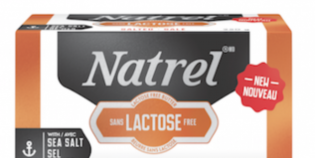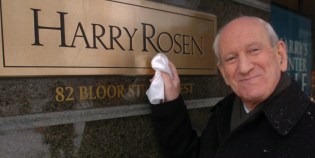New, exciting experiences are trumping ownership as the new status symbol, according to a recent study from Capital One.
Last year, the credit card company hosted its inaugural C1NDX, a roundtable with journalists, academics and industry experts that focused on how disruptive technology is impacting consumer spending habits. Capital One also partnered with Vision Critical on a survey of 1,500 Canadians.
One of the key findings was Canadians value experiences over ownership, so much so that 85% would rather have two years of amazing experiences (including travel, concerts and dining out) than upgrade from an affordable car to a luxury vehicle. In addition, 32% of millennials would rather have two years of amazing experiences than own a house.
“No longer are Canadians valuing what historically was the measure of success, which is ownership of things like property, but now they’re valuing experiences they can have and then share more broadly,” said Jay Acharya, senior director of digital product strategy at Capital One.
The shift in mindset is large enough that many millennials are now even open to sharing home ownership. The survey found 46% of millennials would be open to buying a house with friends to share the cost.
In its report, Capital One stated that the sharing economy—whether it’s borrowing, lending renting or swapping—had led to the shift away from ownership.
“This new barter system, born from disruptive technology, has enabled closer human connections to create a ‘we-based’ culture, and has elevated the sharing of resources to a platform that’s easier for consumers of all income brackets to budget for and access,” the report stated.
Services such as Airbnb, for example, are helping bridge the gap between lower- and higher-cost accommodations. While Airbnb bookings are still small relative to hotel bookings, they’ve seen an increase of 181% over the past 18 months, and are most popular with those under 30, female and earning $50,000 to $75,000, according to Capital One.
“The sharing economy allows [consumers], particularly millennials, access to services that have typically been outside of their budget,” said Acharya. “So it’s really bridging that gap between what would historically have been available to them and what’s available to them now.”
Services like Airbnb also allow travellers to live like a local. The survey found 58% of Canadians want to live like a local when they’re traveling so they’ll have more unique stories to tell (67% of millennials and 53% of those 55+).
In the sharing economy, the convenience of going cashless influences product/service adoption, according to the study. Canadians are more willing to interact with apps, services and companies that provide the convenience of digital payments, with 70% of millennials indicating that using digital or mobile payments is more convenient than using cash.
Furthermore, 63% of millennials are more likely to make a purchase from a brand that enables a rating system by customers, as ratings can help bring transparency to the transaction.
“The interesting insight here is the definition of trust has been redefined,” said Acharya. “Customers are more comfortable using the ratings and reviews of complete strangers across the world to evaluate and understand the credibility of a service or an experience that they’re buying.”
Brands need to be more transparent and enable ratings, reviews and testimonials to bring that credibility, “otherwise they run the risk of losing out on those transactions,” said Acharya.
The most critical piece, he added, is “understanding your customers and leveraging that custom-centric design, so that you can build great experiences, products and services that ultimately align with what customers want.”









